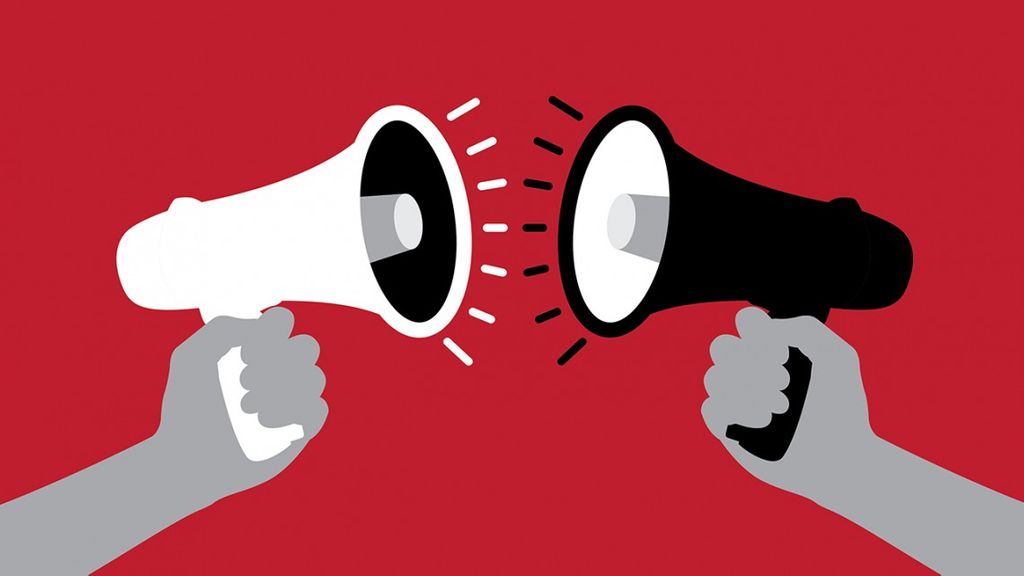Should Freedom Of Speech Be Absolute?
Jul 04, 2019 • 2 views
‘I disapprove of what you say but I will defend till death your right to say it’
-Voltaire
Freedom of speech
Freedom of speech is defines as the inherent human right to voice one’s opinion publicly withour fear of censorship and punishment.

Satyamev Jayate
J.S Mill, a political thinker and an activist in the 19th century Britain, offered a passionate defence of freedom of expression, including freedom of thought and discussion. He says that no idea is completely false, truth does not emerge by itself, conflict of ideas is valuable not just in the past but is of continuing value of all times, and we cannot be sure that what we consider true is actually true. Freedom of speech comprises of the minimum area on non interference, with restrictions like public order, peace and morality. It is a fundamental value and for that society must be willing to bear some inconvenience to protect it from who want to restrict it. Freedom of speech is a cornerstone of a healthy democracy. History has taught us that civilizations and human relations advance when accompanied by the free exchange of ideas, information and intimacies. It is ironical that a nation that prides itself on its time honoured commitment to truth, reflected in its motto Satyamev Jayate, continue to retain draconian legal provisions that undermine the very pursuit of that truth. When the state interferes in the free market of idea by prescribing laws that restrict freedom of speech, the eventual result is the thorough repression of truth.
Furthermore, there is an objective way to decide the threshold of offensiveness or hurtfulness if the speech, mainly because of the subjectivity involved in perceiving that speech.
People’s freedom to think what they choose to think, to believe what they want to believe and to say what they want to is absolute, without a compromise. It can be best exercised along with the freedom to ignore, counter and defend. A responsible citizen can best uphold the absolute freedom of speech.
